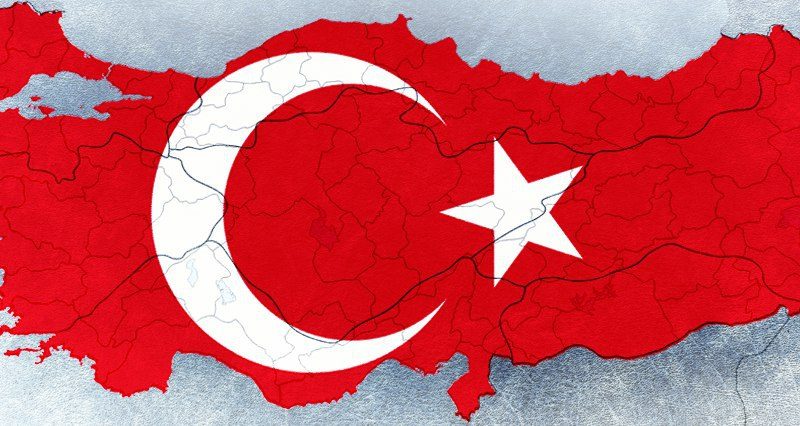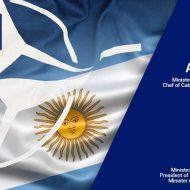The 1934 Council of Ministers’ decision that granted Hagia Sophia a museum status was overturned last week by a decree from Council of State, which is the supreme administrative court of Turkey.
HAGIA SOPHIA WILL BE TURNED INTO A MOSQUE
President Recep Tayyip Erdogan announced that on July 24, Hagia Sophia would be open for prayers as a mosque. He made the announcement during a national speech on TV after the decision of the Council of State.
July 24, the date Hagia Sophia is scheduled to reopen as a mosque, coincides with the 97th anniversary of the Treaty of Lausanne, a fact which has drawn some attention.
While most opposition parties support the government’s decision, critics from some secular groups described this attitude from both the government and opposition as pure populism.
The 1934 Council of Ministers turned Hagia Sophia into a museum with the signature of the country’s founding leader Mustafa Kemal Ataturk himself, which provided another argument for critics of the decision.
THE WORLD HAS TURNED ITS EYES ON HAGIA SOPHIA
The actual disagreements over Turkey’s decision are coming from the international community.
While Josep Borrell, The European Union ‘High Representative for Foreign Affairs and Security Policy,’ has described the Council of State’s decision as “regrettable”, he also stressed that Hagia Sophia holds a symbolically, historically and universally strong value”. Borrell also said that “as a founding member of the Alliance of Civilizations, Turkey has committed to the promotion of interreligious and intercultural dialogue and to fostering tolerance and coexistence,” in his speech.
French and German authorities have also made criticized statements on Turkey’s decision
On the other side of the Atlantic, the United States had the most aggressive statements regarding Hagia Sophia.
While the Spokesperson for the US State Department Morgan Ortagus described the Turkish government’s decision to turn Hagia Sophia into a mosque as a “disappointment”, she had also said that they hope the mosque will be open to visit by everyone without any restrictions.
President Katerina Sakellaropoulou of Greece, Turkey’s neighbor, called the decision “a profoundly provocative act against the international community”.
Sakellaropoulou also argued that Turkey’s decision “undermines the value of tolerance, and poisons Turkey’s relations with the entire civilized world”.
While Russia, which is considered the leader of the Orthodox World, did not react at this issue at the expected levels, Deputy Foreign Minister Sergey Vershinin said on Monday that changing the status of the iconic Hagia Sophia to a mosque was Turkey’s internal affair.
Vershinin evaluated the decision with the following statement; “We assume that we are talking about Turkey’s internal affairs, in which, of course, neither we nor others should interfere. At the same time we pay attention to its significance as an object of world culture and civilization”
Positive reactions had come from the Muslim countries.
SO, WHAT WILL HAPPEN NEXT?
Hagia Sophia was initially built as an Orthodox church during the Eastern Roman Empire in the year 537 AD, and in 1453 it was turned into a mosque with the Conquest of Istanbul by the Ottoman Empire led by the Sultan Mehmet II (the Conqueror).
Hagia Sophia was given a status of a museum in 1934 by the decision of the Council of Ministers of the young Republic of Turkey, and listed as a World Heritage Site by UNESCO in 1985.
The whole world is waiting for the global effects of this decision in religious, social, and political terms.









Leave a Reply